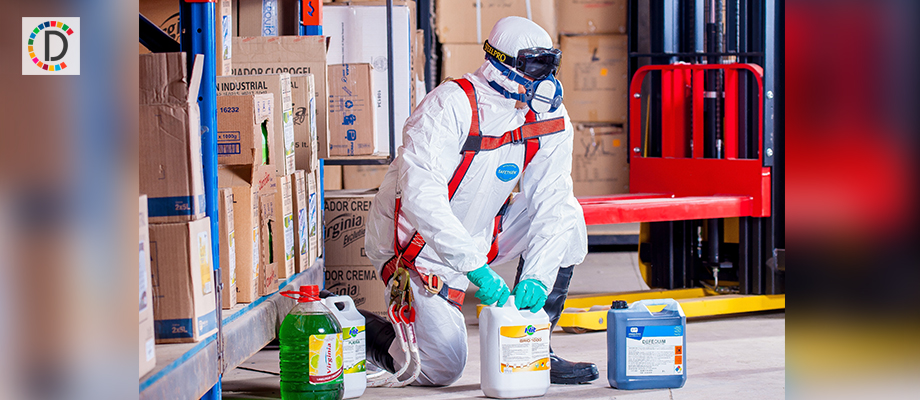Chinese loans to Africa plummet to near two-decade low - study
Chinese sovereign lending to Africa fell below $1 billion last year - the lowest level in nearly two decades - underscoring Beijing's shift away from a decades-long big ticket infrastructure spree on the continent, data showed on Tuesday. The drop in lending reflected in data from Boston University's Global China Initiative comes as several African nations struggle with debt crises and China's own economy is facing growing headwinds.

Chinese sovereign lending to Africa fell below $1 billion last year - the lowest level in nearly two decades - underscoring Beijing's shift away from a decades-long big ticket infrastructure spree on the continent, data showed on Tuesday.
The drop in lending reflected in data from Boston University's Global China Initiative comes as several African nations struggle with debt crises and China's own economy is facing growing headwinds. Africa has been a focus of President Xi Jinping's ambitious Belt and Road Initiative (BRI), launched in 2013 to recreate the ancient Silk Road and extend China's geopolitical and economic influence through a global infrastructure development push.
Boston University's Chinese Loans to Africa Database estimates Chinese lenders provided $170 billion to Africa from 2000 to 2022. But lending has declined sharply since a 2016 peak. Just seven loans worth $1.22 billion were signed in 2021. Nine loans totalling $994 million were agreed last year, marking the lowest level of Chinese lending since 2004.
While those two years coincide with the COVID-19 pandemic, researcher Oyintarelado Moses told Reuters that there are other contributing factors. "A lot of that really has to do with the level of risk exposure," said Moses, who manages the database and co-authored a report released on Tuesday.
While African governments largely welcomed Chinese lending and infrastructure projects, Western critics have accused Beijing of saddling poor nations with unsustainable debt. Zambia - a major Chinese borrower - became the first African country to default during the COVID-19 pandemic in late 2020. Other governments, including Ghana, Kenya and Ethiopia, are also struggling.
China, meanwhile, is facing its own problems at home as policymakers struggle to revive growth amid persistent weakness in the crucial property industry, a faltering currency and flagging global demand for its manufactured goods. "China's domestic economy is playing a huge role here," said Moses.
The China Development Bank and the Export-Import Bank of China - the two institutions behind most of the lending to Africa - have been redeployed to support the domestic economy, while much of the overseas lending that remains is going to markets closer to home. The decline in loans does not necessarily mean an end to Chinese engagement in Africa, however.
The Boston University analysis found that certain trends - fewer loans over $500 million and more focus on social and environmental impacts - appeared to reflect China's stated push towards a more high-quality, greener Belt and Road Initiative. "This is such a huge part of the relationship, I think there's still going to be interest from Chinese lenders," Moses said. "It's just that it's going to look different."
(Editing by Tomasz Janowski)
(This story has not been edited by Devdiscourse staff and is auto-generated from a syndicated feed.)










